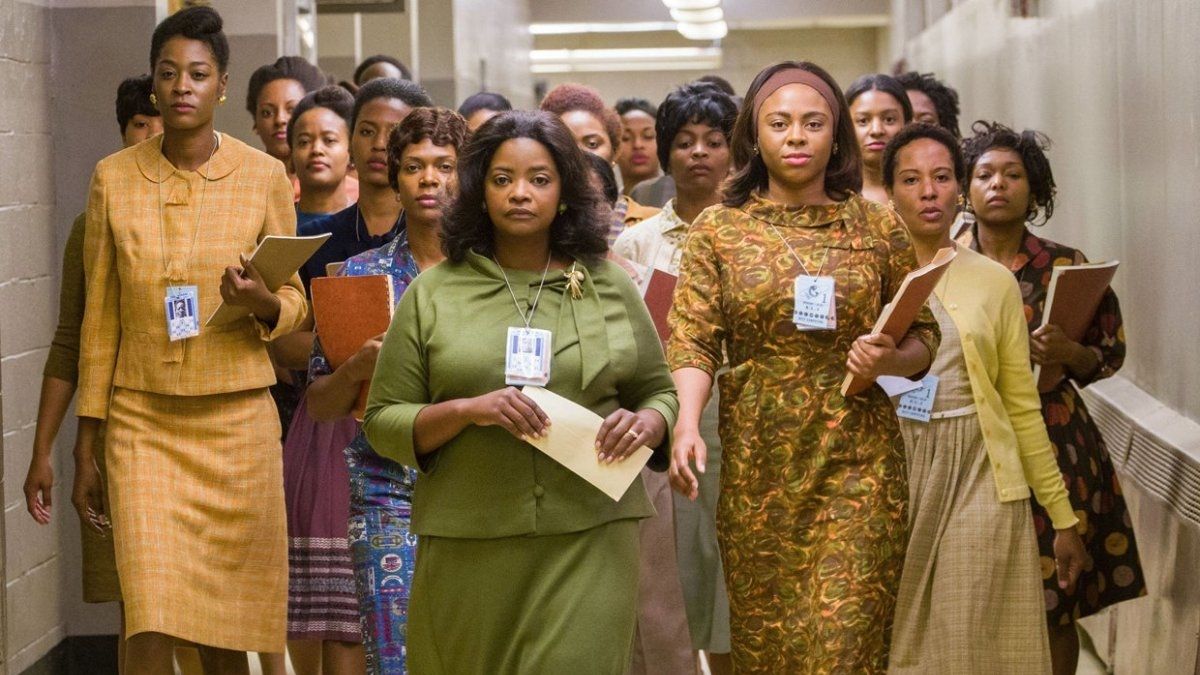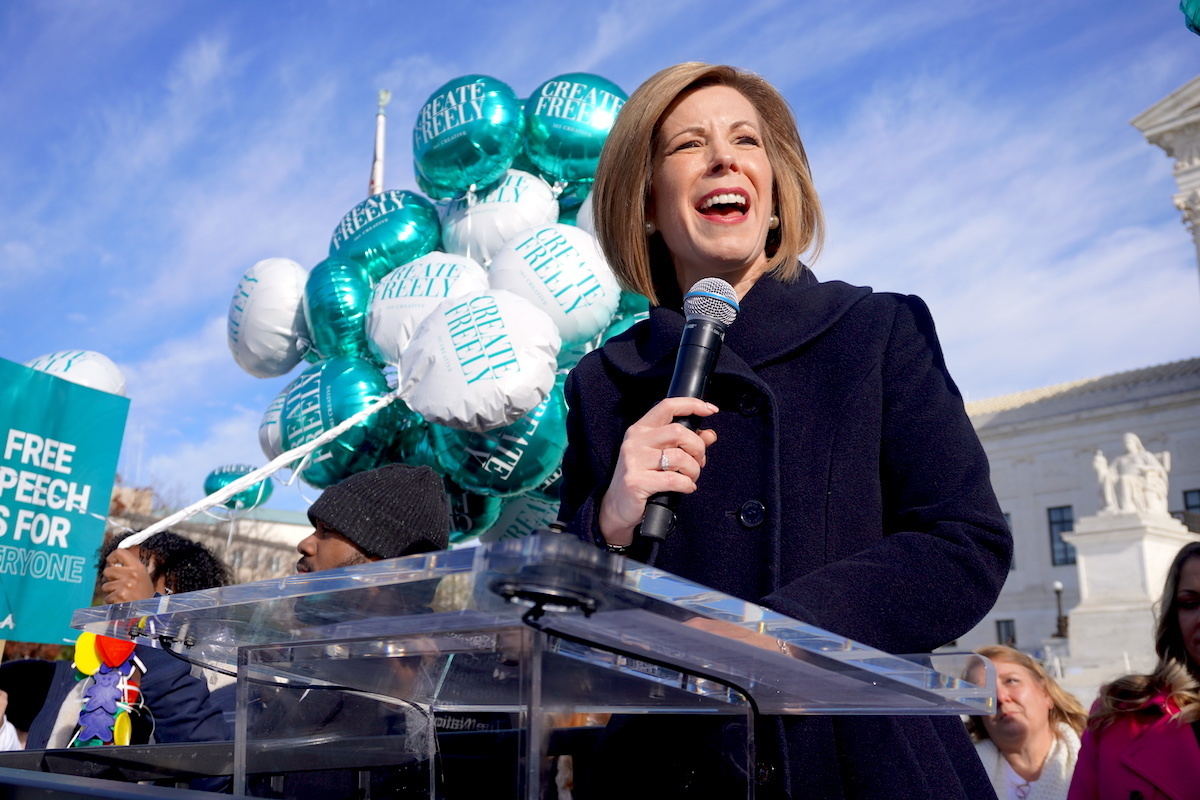






The controversy surrounding academic freedom, free speech, and the separation of church and state continues to grow on a global scale. Concerns have been raised about proposed legislation in Ireland that aims to restrict hate speech. Kristen Waggoner, CEO and president of Alliance Defending Freedom (ADF), has expressed worries about a global trend towards censorship and the erosion of free speech rights. Waggoner highlighted the need for targeted government action instead of criminalizing free speech, citing high-profile religious cases litigated by ADF International as examples. She also mentioned instances where individuals have faced charges of hate speech for expressing their views on homosexuality and opposing transgender rights. Waggoner emphasized the importance of free speech as a cornerstone right and expressed concerns about its erosion not only in Ireland but also in the United States [a19200fa].
Meanwhile, a global coalition of Civil Society Organizations (CSOs) and Non-Governmental Organizations (NGOs) is urging the Indonesian government to revise the Electronic Information and Transactions Law (ITE Law) to uphold freedom of expression. The law, enacted in 2008, has been criticized for stifling freedom of expression and suppressing human rights defenders. The coalition specifically highlights problematic articles related to defamation, hate speech, and false news that have hindered the fundamental right to freedom of expression. The ongoing revision process is a cause for concern as it lacks transparency and public oversight. The coalition calls on the Indonesian House of Representatives and the government to ensure public aspirations are considered and to reject hasty practices that neglect democratic principles. The recent case of human rights defenders Fatia Maulidiyanti and Haris Azhar, who were charged with defamation under the ITE Law, exemplifies the oppressive impact of the law on legitimate expressions of criticism. The coalition demands that the final draft of the ITE Law comply with international human rights principles and that the public be provided with comprehensive information about the revision process [af95bf2f].
In the United States, recent developments in Iowa have revealed an increasing religious influence on government decisions, sparking debates across the nation. This trend threatens civil liberties and human rights, calling for a renewed commitment to secular governance and individual freedoms. Religious organizations are gaining ground in influencing governmental decisions in Iowa, reflecting a broader national trend of eroding the separation of church and state. This influence manifests in legislative decisions and public funds being funneled into religious institutions. The implications include assaults on civil liberties, concerns about equality under the law, and a culture of discrimination. Calls for action advocate for a governance model that upholds individual freedoms and equality before the law. Father Eduardo Hayen Cuarón emphasizes the search for the true religion amidst the ongoing debate surrounding religious influence. The importance of dialogue, understanding, and a commitment to secular governance and individual freedoms is highlighted [ffcdbb92].
In Colorado, the evangelical Christian legal group Alliance Defending Freedom (ADF) is partnering with secular conservative groups to pressure companies that promote diversity, equity, and inclusion (DEI) to stop. ADF's anti-DEI efforts include ranking 75 corporations on various benchmarks related to freedom of expression, political positions, and respect for religious charities. ADF is known for its involvement in Supreme Court cases, including defending the Mississippi law that led to the overturning of Roe v Wade. ADF is now calling on companies to reject policies that condition access to products or services on adherence to certain standards of conduct or speech. ADF's campaign is focused on tech companies and banking companies. ADF claims that a majority of American workers fear sharing religious and political views in the workplace and offers model policies and best practices to address this issue. ADF has forced some companies to change their behavior and has partnered with Investor Advocates for Social Justice to rank companies based on values and benchmarks related to LGBTQ rights and abortion promotion [5c7199a8].
In a recent development, the Disney-owned streaming platform Hulu has reversed its decision and will now allow the Hulen Street Church of Fort Worth, Texas' ad for their Thursday services to run on the website. The church's advertisement was initially rejected by Hulu for allegedly violating a prohibition on 'religious indoctrination.' The First Liberty Institute, a Texas-based law firm, sent a letter to Hulu demanding that they reverse their decision. The attorney from the law firm stated that there is no definition that suggests advertising the details of a church service amounts to religious indoctrination. The attorney also believes that Hulu should clarify any restrictions on religious ads in their guidelines. The U.S. Supreme Court is currently considering cases about whether states can take action against social media platforms for censoring certain political or religious viewpoints [6a7b103f].
In a significant ruling, the US Supreme Court has unanimously ruled in the case of National Rifle Association of America v. Vullo, upholding free speech and curbing discriminatory de-banking. The court ruled that the NRA's case alleging that the state of New York pressured banks and insurance companies to cease doing business with them could move forward. The decision is seen as a victory for free speech and the First Amendment, as it protects Americans from government censorship and punishment for disfavored views. The Supreme Court stated that government officials cannot engage in censorship-by-proxy schemes like pressuring private intermediaries to deny service based on disfavored expression. The decision was penned by Justice Sonia Sotomayor. The Alliance Defending Freedom, a non-profit legal organization committed to protecting religious freedom, free speech, parental rights, and the sanctity of life, expressed support for the decision and highlighted a similar case of indirect censorship by the Biden administration, Murthy v. State of Missouri [0c1dc509].
In a related development, the New York Appellate Division for the First Department has endorsed the Dendrite Test for evaluating subpoenas to identify anonymous speakers. The court reversed a decision ordering Google and GoDaddy to identify the author of a blog about multilevel marketing schemes called BehindMLM. The identification was sought by GSB Gold Standard Corporation, a purveyor of cryptocurrency investment schemes. The Dendrite Test requires notice to the speaker, identification of the allegedly actionable words, articulation of the legal claim, presentation of a prima facie case, and a balancing of the equities. The court's decision expressly relies on the weak evidentiary showing and the First Amendment right to speak anonymously on matters of public concern. This is the first decision by a state appellate court addressing the Dendrite Test [3a0dfa5f].